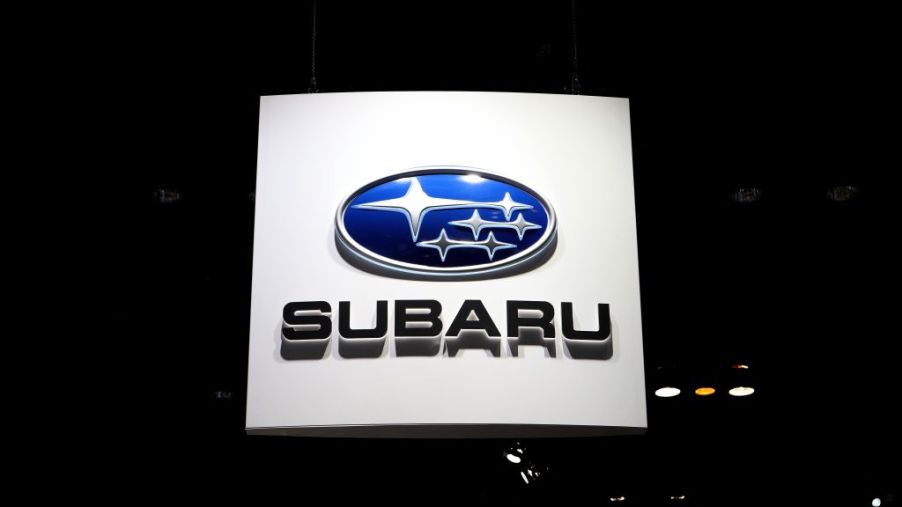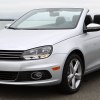
Subaru Just Discovered a Costly Error
As common as recalls have become in the automobile industry, it’s not every day automakers issue recalls for its own vehicles. Though companies make sure that the cars are tested for safety, their complex nature means that some defects can go undetected. These defects are often discovered later, after the cars have already hit the market, prompting recalls.
Recently, Subaru discovered an issue with some of its cars and was forced to recall the affected vehicles.
A costly error
After the recall Subaru made last year for its 2019 Ascent SUVs, the Japanese automaker has once again been forced to issue a whole new one. This time, however, the affected cars are the 2019 Outback and Legacy models.
A recall notice from the National Highway Traffic Safety Administration reports that the defect is due to faulty spot welds at the back of the engine bay, underneath the plastic cowl at the windshield’s base. The defective welds can contribute to a reduction in the strength of the car’s overall body. This could either lead to an accident or increase the risk of the vehicle’s occupants getting injured if involved in a car crash.
The issue did not originate from one of Subaru’s plants, but from a parts supplier located in Austin, Indiana. The report goes on to explain that during the manufacturing process, there might have been a period when the grinding machine which normally cleans and reshapes the tip of the spot-welder, was blocked by either excess metal powder or chips. This ultimately reduced the welder’s effectiveness.
How many cars got recalled?
This was later discovered at Subaru’s American production plant when a body shop employee reported hearing an abnormal noise coming from the duct area. This revelation prompted the car company to investigate. Subaru discovered the root cause the following day, and in a couple of weeks, identified the number of vehicles to recall; that number being 2,107 vehicles.
Of the affected cars, 1,965 are Outbacks while the remaining 142 are Legacies. Due to the defect estimated to exist in the vehicles from the specific manufacturing timeframe of the 31st of May to the 6th of June this year, Subaru estimates that only about 20 affected cars are in the hands of American buyers.
Most of them were yet to be shipped to dealerships and owners across the world. This early detection has ultimately limited the extent of the damage that could have been caused had the defect been discovered later on.
What does this mean for Subaru owners?
Subaru plans to send alerts to affected owners within the coming few weeks. Those who recently purchased a 2019 Subaru Outback or 2019 Subaru Legacy can check to find out if their cars are affected by either going to the NHTSA or Subaru website. Alternatively, they can contact the automaker.
Contrary to earlier reports, Subaru will not be having the vehicle scrapped. Instead, if you discover that your vehicle is one of the affected models, Subaru will provide you with three options. You can either get the car replaced or repaired. Alternatively, since the cars are no older than a couple of months, Subaru could repurchase the vehicle.
While the buyback option is rare, it is not unique. Subaru later stated that the buyback and replacement options are to avoid inconveniencing their customers with long wait while their cars are being repaired.
The early detection and quick response to the defects will hopefully not have much of a negative effect on the brand’s strong reliability. We can only hope that the owners of the recalled cars will be satisfied with the options the company has given.


